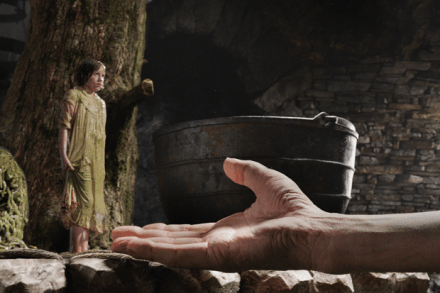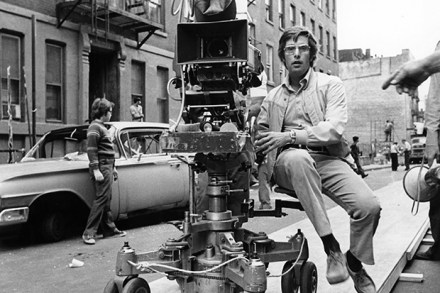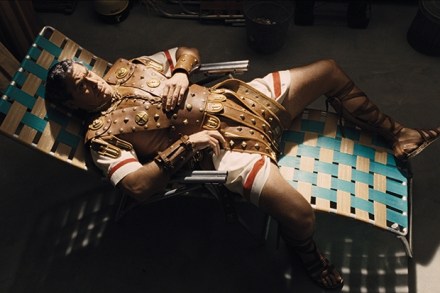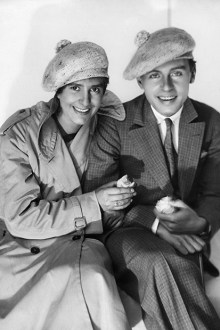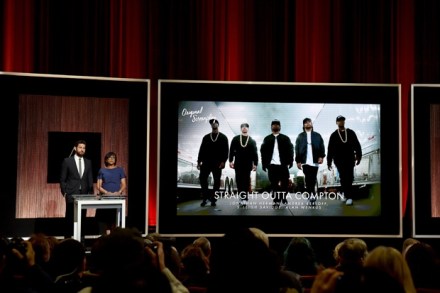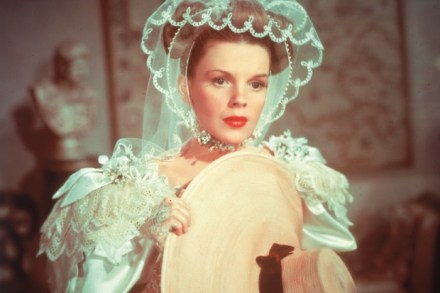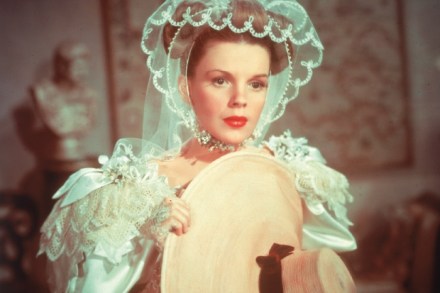Chinese whispers
Peter Ho Davies’s second novel, The Fortunes, is a beautifully crafted study, in four parts, of the history of the Chinese in America. Though it deals, of necessity, with racism in all its insidious forms, it does so with humanity, humour, self-deprecation and a hefty dose of irony. Each section — ‘Gold’, ‘Silver’, ‘Jade’ and ‘Pearl’ — covers a separate period in Chinese-American history. ‘Gold’ follows Ling, a half-white upwardly mobile immigrant, who arrives before the Civil War, starting as a laundryman and progressing to become the valet of one of the four big barons of the Central Pacific Railroad. On the way he falls in love with a prostitute,



